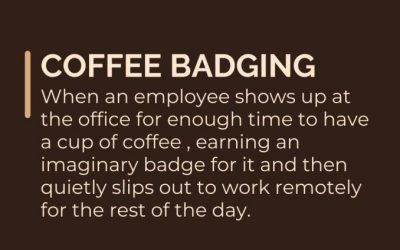The recent floods that devastated much of the UK just after Christmas turned lives and businesses upside down, and goes to show that this kind of extreme weather can strike at any time. In order to try and prevent and minimise damage, having policies and procedures in place and ensuring all your employees are aware of them could make the world of difference when faced with emergencies like the weather-induced chaos of storm Desmond, Eva and Frank.
Bad Weather Policies
Having an official bad weather policy in place ensures everyone knows where they stand. It may seem like you’re stating the obvious by telling staff what they need to do if the weather takes a turn for the worst, but unusual circumstances may leave employees not knowing what to do for the best.
Your employee’s safety is your number one priority. If the weather means it’s too dangerous for them to travel to work they need to know who they need to contact and by what time. Travel disruptions might also cause employees to be late or stranded elsewhere. There is no obligation for an employer to pay an employee who does not turn in, so consider how you want to handle this.
One option in situations like this is to allow your staff to work from home where possible. Of course in industries like distribution and manufacturing this won’t work, but for IT and other office based professions cloud-based software makes it possible.
Common Sense Prevails
Sensible HR advice and a flexible approach will usually help you through difficult times. If it’s going to take an employee hours to get into work and they’ll have to leave early to travel home again, this is wasted time with the chance of them becoming stranded somewhere, so working from home seems sensible. If you’re allowing home working you’ll need to be clear about the practicalities. The likes of Dropbox and Google Drive make things considerably easier, but there is also equipment to think about. Do employees have work laptops or will they need to use their own? You just need to make sure all systems and equipment have the right security requirements for your business.
Being Prepared
Some severe weather events can be forecast hours before they arrive, allowing time to prepare and advise, but sometimes there is no warning. In either case being prepared, even if the worst happens, will help to keep everyone safe and hopefully minimise damage. Conduct a risk assessment, educate employees and update plans and procedures based on the lessons you’ve learned previously. Circulate the policies when you update them or perhaps at the start of winter if it looks like snow is on the way, ask for feedback and keep your employees involved.











